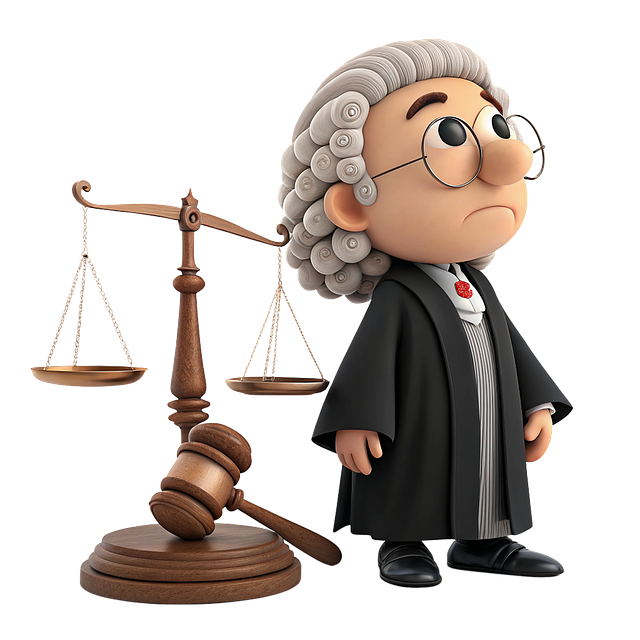Consumer protection laws, though varying nationwide, uniformly protect individuals from unfair business practices by promoting transparency and accountability. Consumer protection suits, similar to Search and Seizure Rights in Criminal Law, empower authorities to investigate and prevent fraud, holding businesses accountable for deceptive actions that could harm the public. Balancing individual privacy and public safety, these rights are crucial in criminal justice, impacting evidence gathering and trial outcomes. In consumer protection, case studies analyze past litigation, providing strategies to navigate complex legal issues and protect consumers' rights against corporate misconduct, upholding Search and Seizure Rights in Criminal Law.
Consumer protection suits play a pivotal role in safeguarding individuals from unethical business practices. This article delves into the intricate world of consumer rights, offering a comprehensive overview of legal mechanisms designed to protect buyers. We explore what constitutes these suits, with a focus on the intersection of criminal law and Search and Seizure Rights. Through case studies and practical implications, we unravel procedural complexities, providing valuable insights for both legal professionals and consumers navigating this landscape.
- Understanding Consumer Protection Laws: An Overview
- What Are Consumer Protection Suits?
- The Role of Search and Seizure Rights in Criminal Law
- Procedural Aspects of Consumer Protection Cases
- Protecting Consumers: Case Studies and Implications
Understanding Consumer Protection Laws: An Overview

Consumer protection laws are a crucial set of regulations designed to safeguard individuals from unfair, deceptive, or harmful practices in their daily transactions with businesses. These laws empower consumers by providing them with legal rights and remedies when companies violate these protections. Understanding these laws is essential for both consumers and businesses alike, as it ensures fair market competition and promotes ethical business conduct.
The framework of consumer protection varies across the country, but several common themes exist. One key aspect is the emphasis on transparency and disclosure. Businesses are required to provide clear and accurate information about their products or services, ensuring consumers make informed decisions. Additionally, laws often protect against unfair collection practices, ensuring individuals’ rights during all stages of the investigative and enforcement process, up to and including avoiding indictment in criminal cases (such as those involving Search and Seizure Rights in Criminal Law). These protections are vital in maintaining a fair and equitable marketplace.
What Are Consumer Protection Suits?

Consumer Protection Suits are legal actions taken to safeguard the rights of individuals as consumers in the market. These suits encompass a wide range of issues, from unfair business practices to product liability and false advertising. They serve as a crucial mechanism to ensure that businesses uphold their responsibilities toward consumers, offering protection against misleading or harmful actions.
In many cases, consumer protection laws mirror Search and Seizure Rights in Criminal Law, providing authorities with the legal framework to investigate and prevent fraudulent activities across the country. This includes all stages of the investigative and enforcement process, aiming to deter businesses from engaging in deceptive practices that could harm consumers. Unlike general criminal defense which focuses on individual rights, consumer protection suits are designed to protect the collective interest of the public by holding corporate entities accountable for their actions.
The Role of Search and Seizure Rights in Criminal Law

The Search and Seizure Rights in Criminal Law play a pivotal role in ensuring justice is served. These rights, enshrined in the Fourth Amendment of the U.S. Constitution, grant law enforcement agencies the power to search and seize evidence during investigations. This process involves careful navigation through legal procedures to protect both individual privacy and the public’s safety. Across the country, the application of these rights has been a subject of intense debate, particularly in cases involving complex issues of civil liberties versus criminal justice.
The implications extend far beyond the immediate case, impacting not just the accused but also philanthropy and political communities that rely on transparent legal processes. Jury trials, a cornerstone of our criminal justice system, often hinge on the admissibility of evidence gathered through search and seizure operations. As such, these rights require meticulous handling to maintain fairness and ensure that the rights of citizens are protected while addressing crimes effectively.
Procedural Aspects of Consumer Protection Cases

Consumer Protection suits involve a unique set of procedural aspects distinct from traditional civil litigation. One key element is the balance between protecting consumer rights and respecting the legal processes of businesses, both corporate and individual. Investigatory powers play a crucial role; authorities must navigate the delicate terrain of Search and Seizure Rights in Criminal Law while gathering evidence to support consumer protection claims. This ensures that accusations are based on concrete facts, avoiding unfounded indictments.
The proceedings can be complex due to the diverse nature of consumer interactions with businesses. Legal teams involved must adapt their strategies accordingly, employing specialized tactics for digital evidence collection and analysis, particularly in cases involving online transactions. Understanding the respective rights and obligations of all parties is essential to ensuring a fair outcome.
Protecting Consumers: Case Studies and Implications

In the realm of consumer protection, case studies play a pivotal role in safeguarding the rights of folks against corporate malfeasance. Through meticulous examination of past litigation, we gain insights into effective strategies for navigating complex legal landscapes. These studies highlight successful instances where both corporate and individual clients have secured complete dismissals of all charges, thereby setting precedents for future cases.
For instance, notable achievements in consumer protection suits often involve avoiding indictment altogether. This is achieved through robust advocacy that exposes the true nature of business practices, ensuring justice without escalating to formal criminal proceedings. Such victories not only shield consumers but also reverberate in the legal community, emphasizing the importance of upholding search and seizure rights in criminal law as a vital component of a fair and just society.
Consumer protection suits play a pivotal role in ensuring businesses uphold ethical standards, safeguarding consumers from exploitation. By understanding consumer protection laws, recognizing suit types, and navigating procedural complexities, legal professionals can effectively protect consumers’ rights. The intricate balance between these protections and Search and Seizure Rights in Criminal Law underscores the need for thorough case management and strategic advocacy. Examining real-world case studies highlights successful strategies, offering valuable insights for future consumer protection endeavors.






